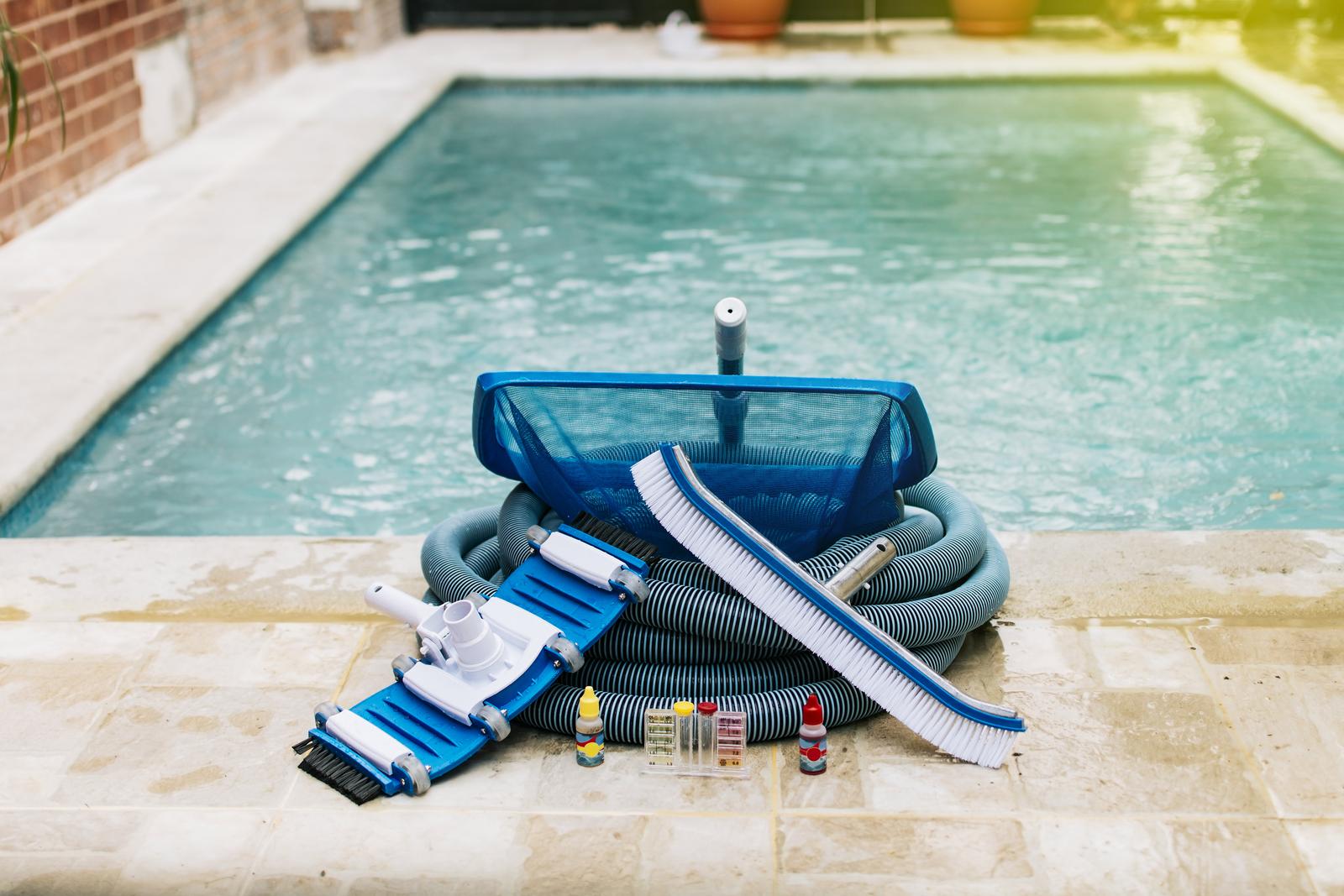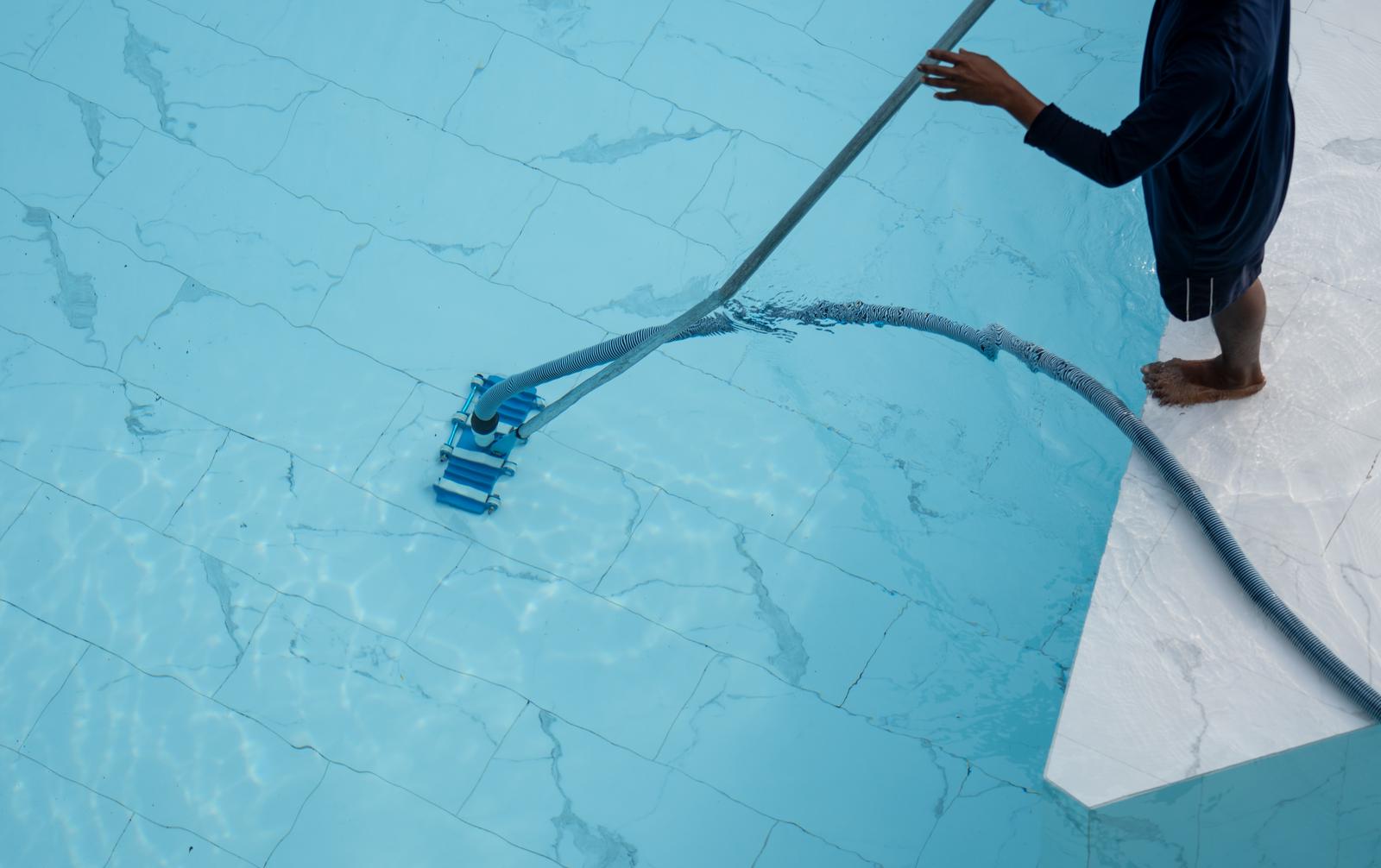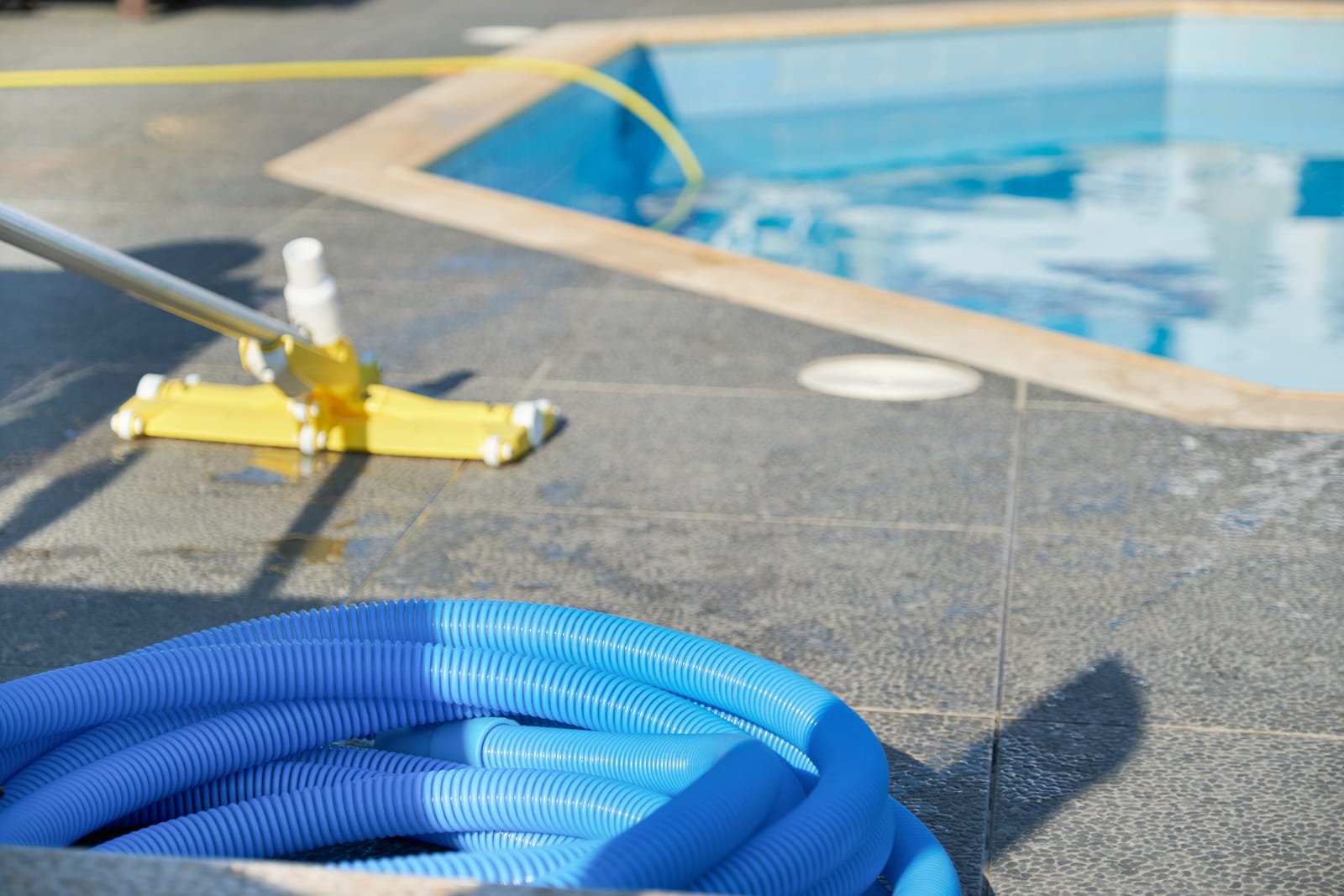Essential Tools for Pool Cleaning
Recommended Equipment for Homeowners
Maintaining a swimming pool at home is no small task, but it's a rewarding one. A clean, well-maintained pool ensures a safe and enjoyable swimming environment for you and your family. However, pool cleaning can become a time-consuming and frustrating chore without the proper tools and equipment. This guide provides a detailed breakdown of the essential tools and equipment every homeowner needs for effective pool cleaning and maintenance.
Why Pool Cleaning Tools Matter
Pool cleaning tools are pivotal in ensuring your pool water remains clean, safe, and inviting. Poor maintenance can lead to algae growth, cloudy water, and potential health hazards due to bacteria and contaminants. By investing in the right tools, homeowners can save time, reduce costs associated with professional cleaning, and extend the lifespan of their pools.
The tools and equipment highlighted in this guide are convenient and necessary for maintaining proper chemical balance, removing debris, and preserving the structural integrity of your pool.
Recommended Tools and Equipment for Home Pool Cleaning
Pool Skimmer Net: Your First Line of Defense
A pool skimmer net is a simple yet indispensable tool for maintaining your pool. It helps remove surface debris like leaves, insects, and dirt before they settle on the pool floor. Using a skimmer net regularly prevents debris accumulation and keeps the water's surface clean.
When choosing a skimmer net, consider:
- Durability: Opt for a net with a sturdy frame and fine mesh to capture small particles.
- Ease of Use: Look for nets that attach easily to telescopic poles for extended reach.
Using a skimmer daily ensures that your pool remains visually appealing and minimizes strain on your filtration system.

Telescopic Pole: A Versatile Tool
The telescopic pole is the backbone of many pool cleaning tools. This adjustable pole allows you to attach various heads, such as skimmers, brushes, and vacuums, making it an indispensable part of your pool maintenance arsenal.
Key features to look for:
- Adjustability: Ensure the pole can extend to reach all areas of your pool.
- Compatibility: Check that it works with standard pool cleaning attachments.
With a telescopic pole, you can easily reach your pool's walls, floor, and even hard-to-access corners.
Pool Brushes: Preventing Algae Growth
Algae growth is a common issue in pools, especially in areas with warm climates. A quality pool brush is essential for scrubbing your pool's walls, floor, and steps to prevent algae buildup.
Types of pool brushes:
- Nylon Brushes: Ideal for delicate pool surfaces like vinyl.
- Stainless Steel Brushes: Suitable for more challenging surfaces such as concrete.
Regular brushing not only enhances the appearance of your pool but also prevents slippery surfaces and maintains water quality.

Pool Vacuum: Deep Cleaning Made Easy
A pool vacuum is crucial for removing dirt, grime, and other debris that sinks to the bottom of your pool. Depending on their preferences and budget, homeowners can choose between manual vacuums and automatic pool cleaners.
- Manual Pool Vacuums: These require more effort but are highly effective for targeted cleaning.
- Automatic Pool Cleaners: Robotic or suction-side cleaners that operate independently, saving time and effort.
Regardless of the type, regular vacuuming ensures that your pool remains free of contaminants and is visually appealing.
Pool Filter: The Heart of Your Maintenance System
Your pool's filtration system is vital for maintaining water clarity and cleanliness. Filters trap debris, dirt, and other particles, ensuring your pool water is safe for swimming.
Types of filters:
- Sand Filters: Require backwashing to remove trapped debris.
- Cartridge Filters: Easy to clean and maintain but require periodic replacement.
- Diatomaceous Earth (DE) Filters Provide superior filtration but are more complex to operate.
Regularly cleaning or replacing your pool filter ensures optimal performance and prevents issues like cloudy water and poor circulation.
Pool Test Kit: Maintaining Chemical Balance
A pool test kit is essential for monitoring chemical levels in pool water. It helps ensure proper pH, chlorine, and alkalinity levels, critical for water quality and safety.
What to test for:
- pH Levels: Maintain a balance between 7.2 and 7.8 for optimal swimmer comfort and equipment longevity.
- Chlorine Levels: Essential for sanitizing water and killing bacteria.
- Alkalinity: Stabilizes pH levels to prevent sudden changes.
You can identify imbalances and take corrective measures promptly by testing your pool water at least once a week.
Pool Chemicals: Ensuring Water Quality
Chemicals are pivotal in maintaining your pool's cleanliness and preventing health hazards.
Key chemicals include:
- Chlorine: The primary sanitizer for killing bacteria and algae.
- Algaecides: Prevent and control algae growth.
- pH Adjusters: Sodium carbonate or muriatic acid for raising or lowering pH levels.
Always carefully handle pool chemicals and follow manufacturer instructions to ensure safe usage.
Automatic Pool Cleaners: A Time-Saving Option
For homeowners who prefer convenience, automatic pool cleaners are a worthwhile investment. These devices, including robotic and suction-side cleaners, operate independently to clean your pool thoroughly.
Advantages of automatic cleaners:
- Save time and effort.
- Provide consistent cleaning results.
- Suitable for various pool sizes and shapes.
While they may require a higher upfront investment, their efficiency and convenience make them a valuable addition to your maintenance routine.
Tips for Using Pool Cleaning Tools Effectively
Using the right tools is only part of the equation. Proper usage and maintenance of these tools ensure their longevity and effectiveness.
- Clean tools after each use: Rinse brushes, skimmers, and vacuums to remove debris and prevent wear.
- Store tools properly: Keep equipment in a cool, dry place to avoid damage.
- Follow a routine: Establish a regular cleaning schedule to stay on top of maintenance tasks.

FAQs About Pool Cleaning Tools
What are the most essential tools for pool cleaning?
The essential tools include a pool skimmer net, telescopic pole, pool brush, pool vacuum, and a pool test kit. These tools cover surface cleaning, deep cleaning, and chemical maintenance.
What are the benefits of professional pool cleaning services?
Professionals ensure proper chemical balance, prevent equipment damage, and save time and effort for pool owners.
What type of pool filter is best for homeowners?
The choice depends on your pool size and maintenance needs. Sand filters are low-maintenance, cartridge filters are easy to clean, and DE filters offer the best filtration.
Are automatic pool cleaners worth the investment?
Yes, automatic pool cleaners save time and effort for homeowners seeking convenience and consistent cleaning, though they have a higher upfront cost.
How can I ensure my pool tools last longer?
Proper care, such as rinsing tools after use and storing them in a dry, shaded area, helps extend their lifespan.
Conclusion
Owning a swimming pool is a significant investment, and maintaining it properly ensures you can enjoy its benefits for years. By equipping yourself with the right tools and understanding their proper use, pool cleaning becomes manageable. Each tool plays a critical role in maintaining water quality and safety, from skimming debris to balancing chemicals.
Investing in high-quality pool cleaning equipment saves you time and enhances your pool's longevity. With the insights provided in this guide, homeowners can confidently take charge of their pool maintenance, ensuring a clean and safe swimming environment for their families.
